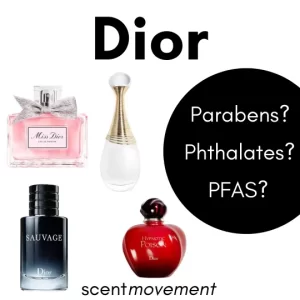
Dior Perfumes | Parabens? Phthalates? PFAS?
Do Dior perfumes contain parabens? phthalates? PFAS? We take an in-depth look.
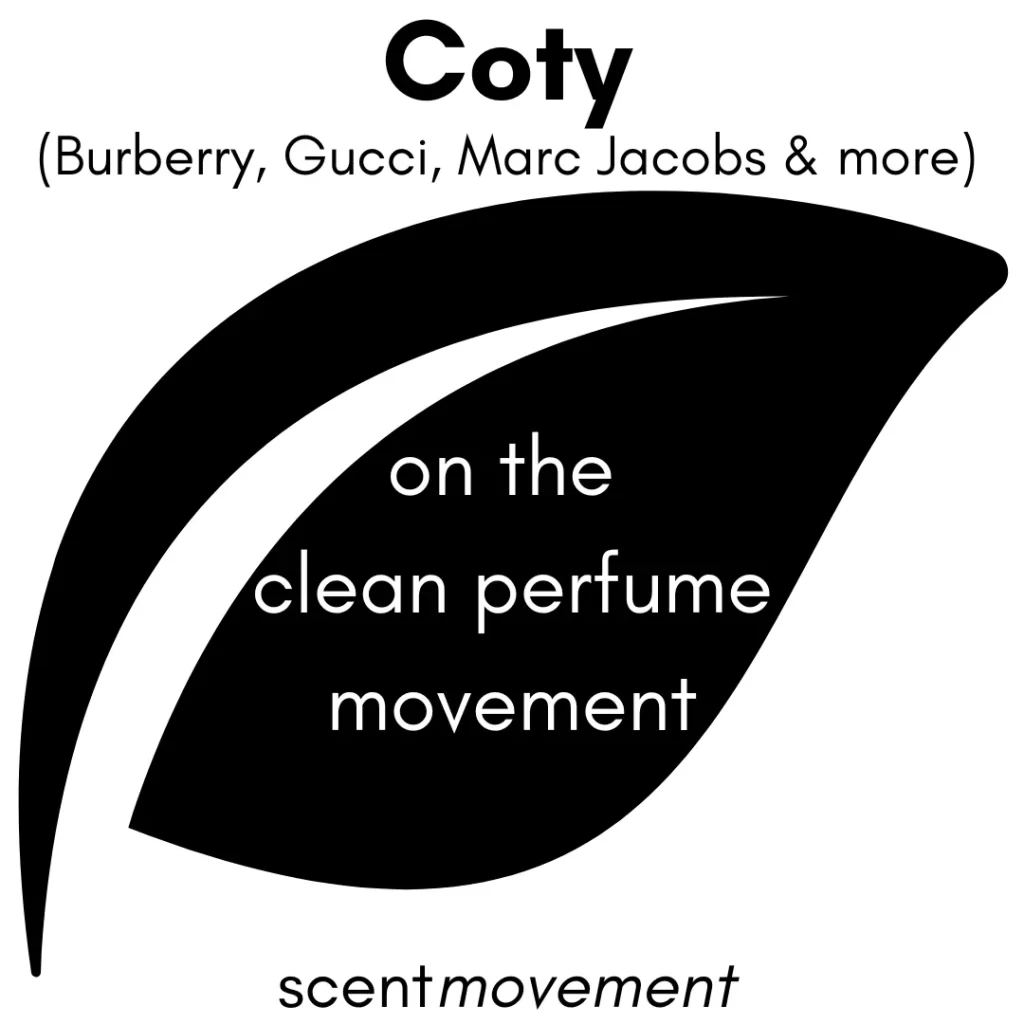
When it comes to all the major players in the perfume world, there are two major categories. Perfume brands that are privately-owned and perfume brands that are publicly-owned.
Publicly-owned companies, also known as public companies, have a greater degree of responsibility to their shareholders and the general public compared to private companies. This is because they have sold shares of ownership in the company to the public, and are therefore subject to regulatory requirements and financial reporting obligations. Public companies have a legal obligation to act in the best interest of their shareholders and provide them with accurate and timely financial information, and may be subject to additional scrutiny from regulators and other stakeholders. Private companies, on the other hand, have more freedom to operate as they see fit, as they are not beholden to shareholders or required to publicly disclose financial information.
So what does this mean? Any perfume brand that is owned by a public company must disclose certain information to the public. This is done in various ways, including an “Annual Report”. There’s a lot of good information to be gleamed from these Annual Reports. They are often hundreds of pages long, but don’t worry, we read them for you and pulled out all of the best information related to perfume and the clean perfume movement, and summarized it below.
Even though there’s a ton of perfume brands, fewer are owned by publicly-traded companies. And these public companies own many perfume brands.
We read through COTY’s Annual Report for 2022. We also found a lot of great information in their 10-Q Statement (a quarterly report) and Quarterly Press Releases.
Here’s the highlights when it comes to perfume:
Coty owns the following perfume brands. They categorize them by “Consumer Beauty” & “Prestige”:
Consumer Beauty
Prestige
Coty did not say much regarding the “clean perfume movement” in their Annual Report (or Quarterly Report).
Unlike other brands (like Estée Lauder, which own perfume brands like Tom Ford & Le Labo), there was no significant mention or details related to:
However, Coty publishes a separate “Sustainability Report” which covers these topics and more. There is no specific mention of “clean perfume” ingredients, but they do talk about “Clean Beauty”:
“For Coty, clean beauty means developing efficient formulas that use the minimal ingredients necessary to deliver superior performance, without compromising on safety. We recognize that consumers want to know more about what is in their products, while also having the freedom to make product choices based on their ingredients. We respond to this demand through our clean program. Coty scientists monitor scientific literature, retailer clean programs and the wider consumer and regulatory landscapes to inform ingredient choices for our clean products. Our program is designed to be dynamic and updated as the expectations of our consumers and retailers evolve. The clean program goes above and beyond current regulatory requirements.”
Brands/products that fall under the Coty Clean program include the following: CK Everyone, Sally Hansen Good.Kind.Pure, COVERGIRL Clean Fresh Collection, Rimmel Kind & Free, as well as the Lancaster Sun Sensitive range.
The following information came from the quarterly report (10-Q) for the period ending September 2022 (we underlined parts of greater interest):
The following information came from the Quarter 2, FY 2023 Press Release (we underlined parts of greater interest):
We’re sad to see that Coty barely mentions the clean beauty movement. It’s not looking promising that we’ll see a major shift any time soon of perfumes with clean ingredients under the Coty umbrella.
It’s interesting to see the business side behind Coty’s perfume brands. There is a high demand for prestige perfumes, even in times of economic uncertainties. As Coty states, “consumers turn to fragrances as mood-boosting and affordable luxuries in an uncertain environment.” The brands and specific perfumes mentioned above are also very telling of trends and what’s popular.

Do Dior perfumes contain parabens? phthalates? PFAS? We take an in-depth look.
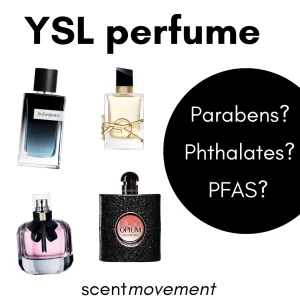
Does YSL perfume contain parabens? phthalates? PFAS?
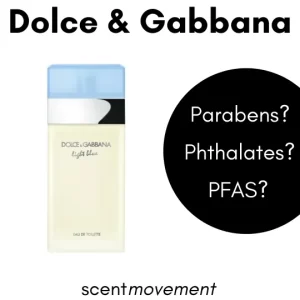
Do Dolce & Gabbana perfumes contain parabens? phthalates? PFAS? We take an in-depth look.
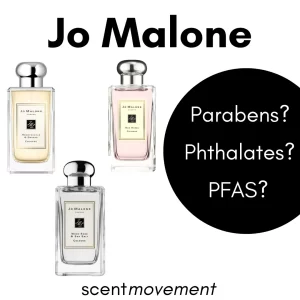
Do Jo Malone’s perfumes contain parabens? phthalates? PFAS? We take an in-depth look.
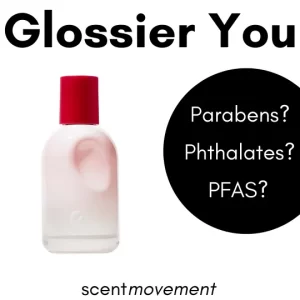
Does Glossier You contain parabens? phthalates? PFAS? We take an in-depth look.
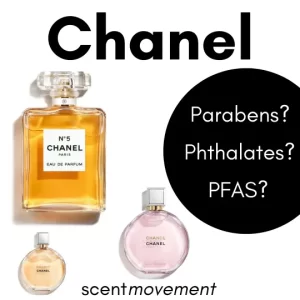
Do Chanel perfumes contain parabens? phthalates? PFAS? We take an in-depth look.
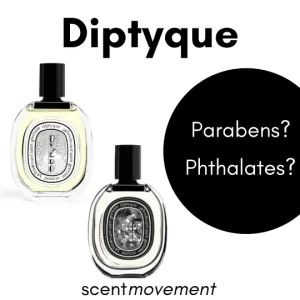
Do Diptyque perfumes contain parabens? Pthalates? Your questions answered here.
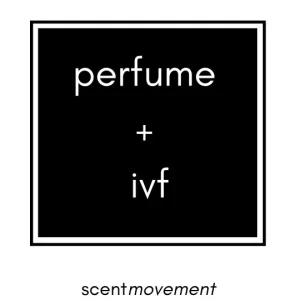
Delve into the surprising world of IVF clinics and uncover the reasons behind their ban on perfumes. Understand how scent can influence fertility treatments and learn what precautions are necessary for a successful IVF process.